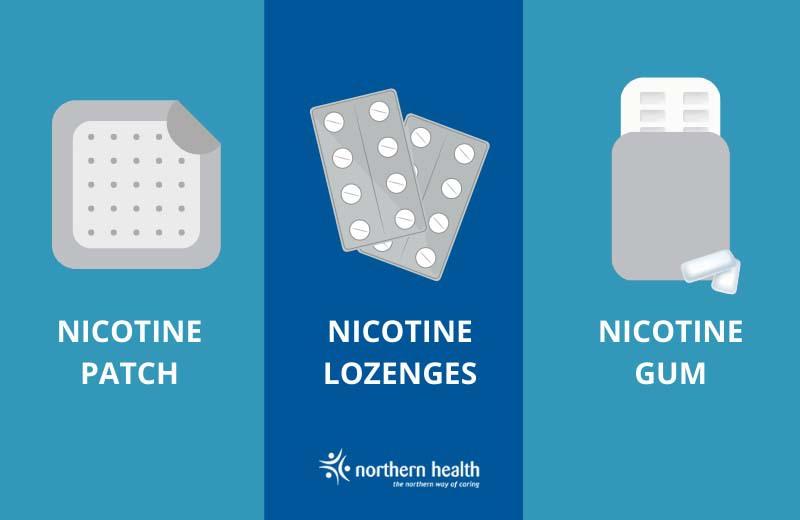Interested in quitting smoking? This week is a great week to start!
National Non-Smoking Week starts Sunday, January 15 and runs until Saturday, January 21, 2023. This annual campaign stresses the importance of educating our children and youth by protecting them from starting cannabis, commercial tobacco, and vapour use. Also, with open and honest conversation throughout the week, individuals looking to quit or limit their use can plan with friends to improve their health.
History:
Initially established by the Canadian Council for Tobacco Control 45 years ago, National Non-Smoking Week has taken place the third week of January each year. Whether it’s cannabis, commercial tobacco, or vapour, quitting is one of the best ways to improve your overall health.
Weedless Wednesday: Butt, vape, or doob out
Weedless Wednesday happens to fall in the middle of National Non-Smoking Week. The idea behind this day is to encourage smokers to stop lighting up cannabis, commercial tobacco, and vapour products for a 24-hour period. Following this “one day at a time” approach may be easier for those who haven’t planned for the long term. Setting short-term goals like this 24-hour period may be just what some individuals need to succeed.
Remember: Every attempt counts!
Did you know?
- Almost 48,000 Canadians die each year from commercial tobacco use
- Nicotine found in commercial tobacco products is a highly addictive substance
- Approximately 12 per cent of Canadians currently smoke
- In Canada, smoking cannabis remains the most common way to use cannabis
- Second-hand smoke is a mix of smoke from a burning cigarette, joint, cigar, or pipe, plus the smoke exhaled by the person smoking
- Children exposed to second-hand smoke are at an increased risk of breathing problems and ear infections
Supports and resources:
Because nicotine and cannabis are both addictive substances, quitting may be hard to do. Ongoing exposure to smoke and vapour from both substances can contribute to long-term health risks and negative health effects. If you or someone you know is interested in quitting or lowering their risks when it comes to nicotine and/or cannabis use, encourage them to talk to their primary care provider (such as a doctor or nurse practitioner). The following cessation resources are also available:
- BC Smoking Cessation Program offers eligible BC residents access to smoking cessation aids. Each calendar year, the program offers coverage for one of two treatment option:
- Non-prescription nicotine replacement therapy (NRT) products or
- Prescription smoking cessation drugs
- First Nations Health Authority benefits program offers supplementary coverage for nicotine replacement therapy.
- Know Your Limits with Cannabis Guide offers information and support on changing current cannabis use.
- Talk Tobacco is a free confidential program offering culturally appropriate support and information about quitting smoking, vaping and commercial tobacco use to First Nations, Inuit, Metis, and urban Indigenous communities.
- The Alcohol & Drug Information and Referral Service: If you are in distress or worried about someone else. It's free and available 24 hours a day. Call 1-800-663-1441.
- QuitNow offers free information, support, and counselling from trained professionals by phone, text, or email.
In this post, as in most public health messages, “tobacco use” refers to the use of commercial tobacco products like cigarettes and chewing tobacco as opposed to traditional uses of tobacco.














Comments